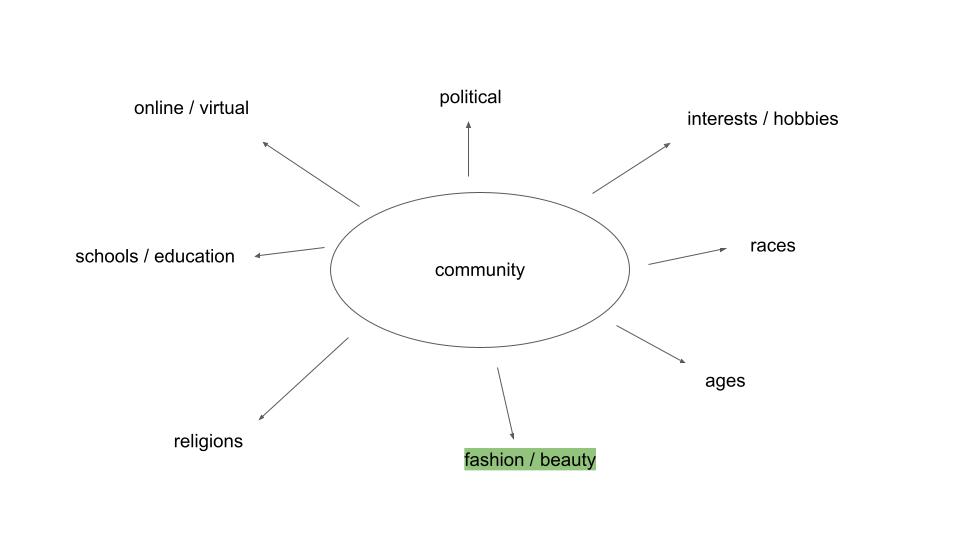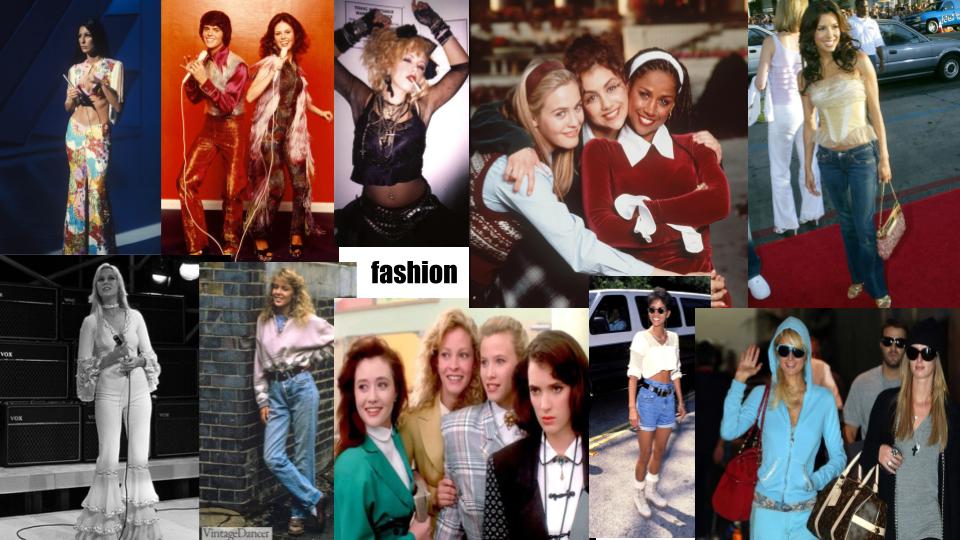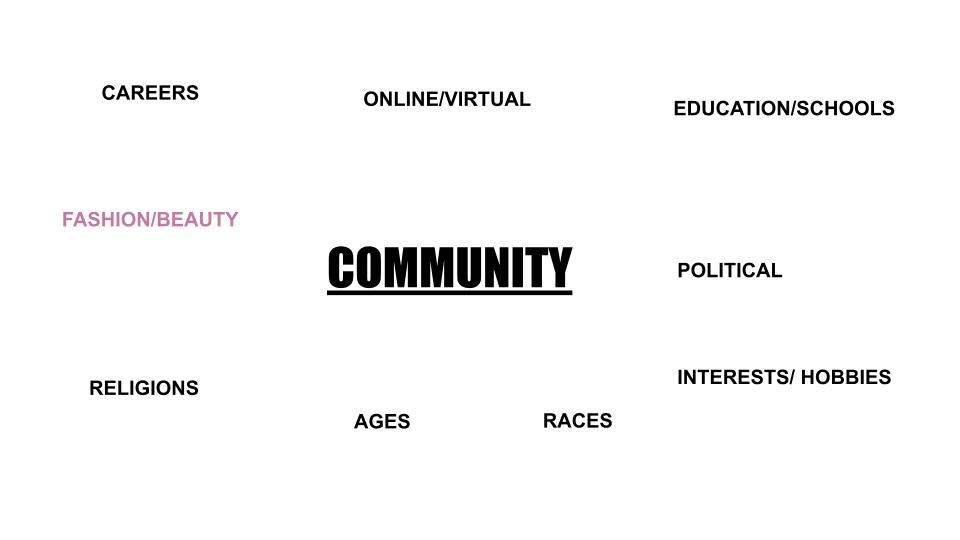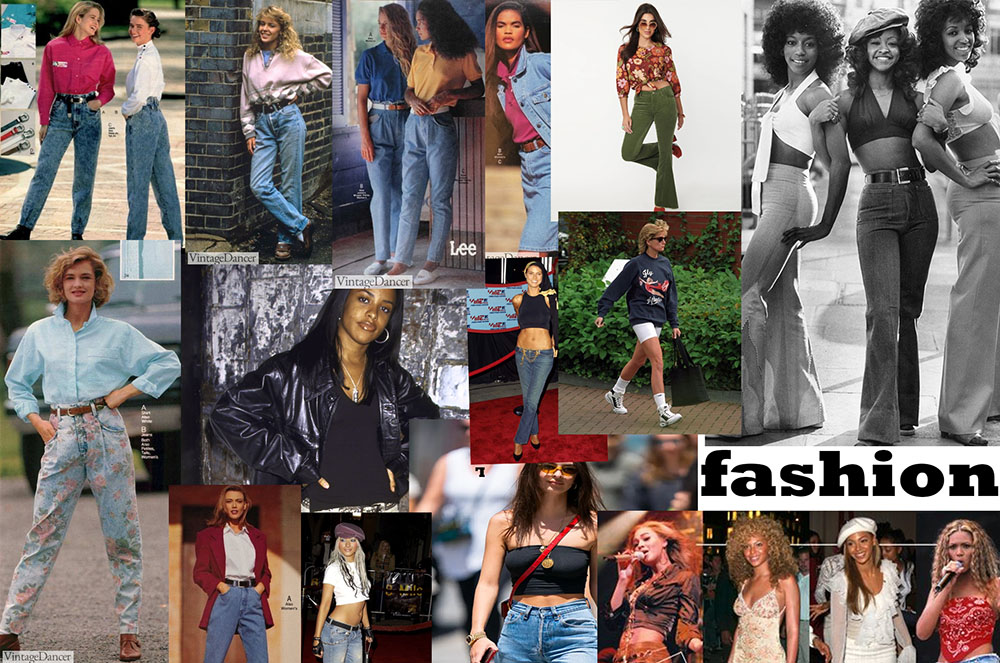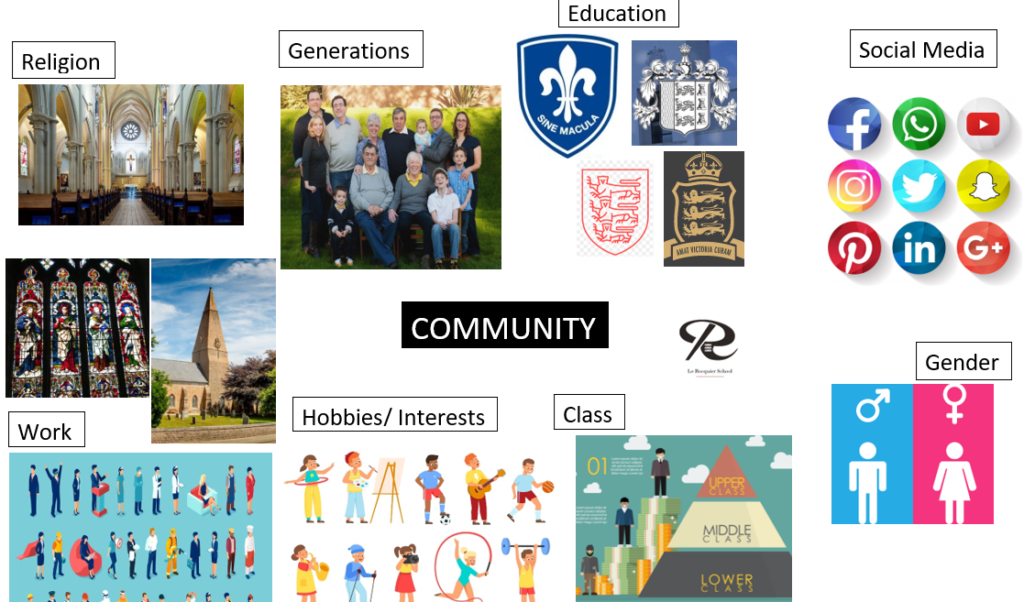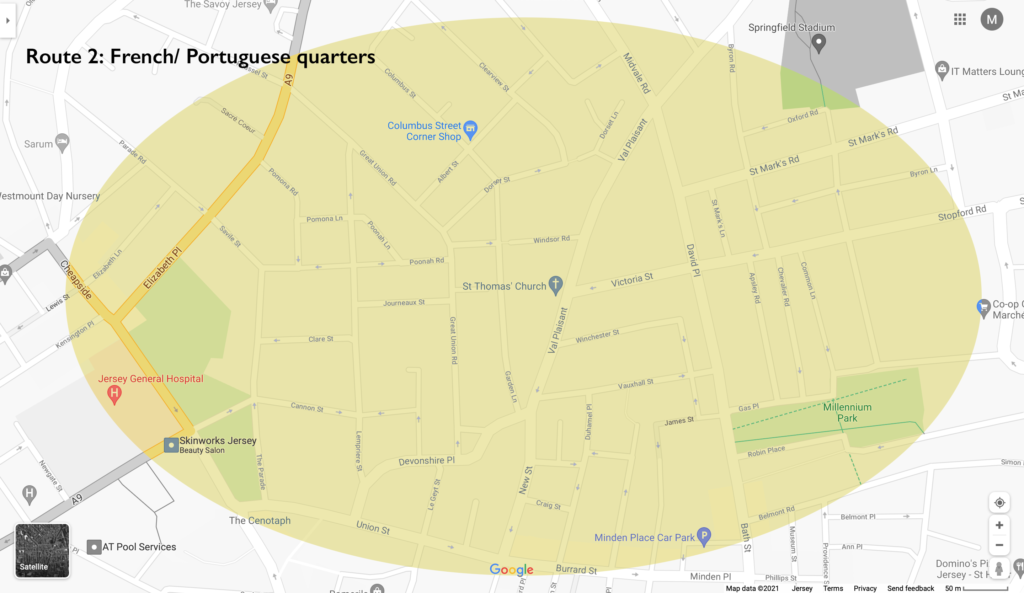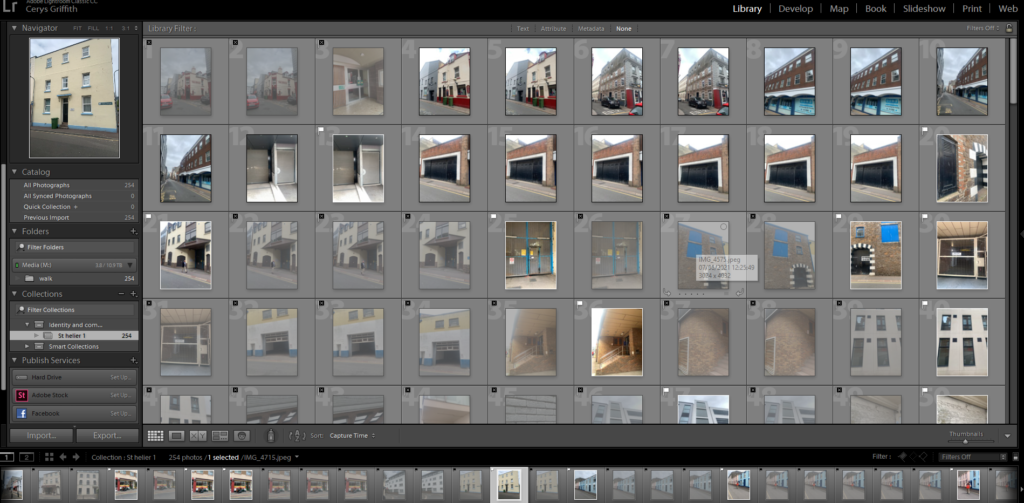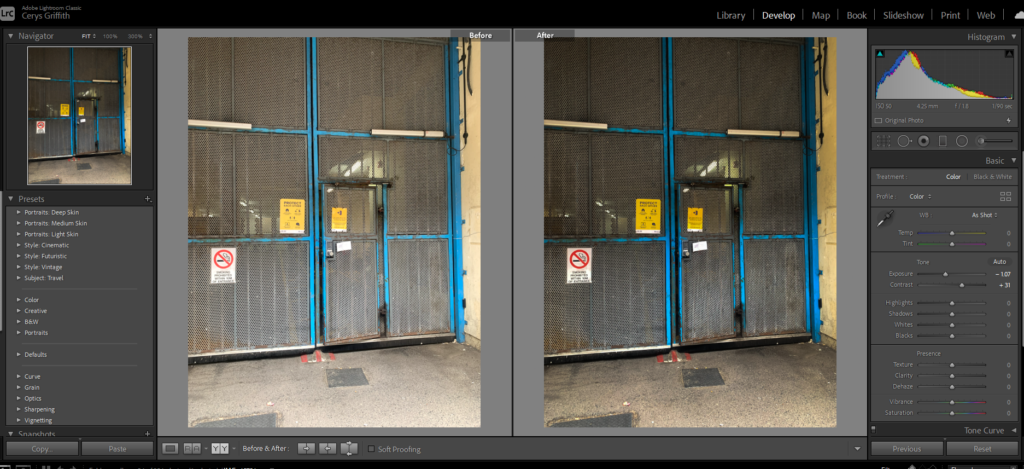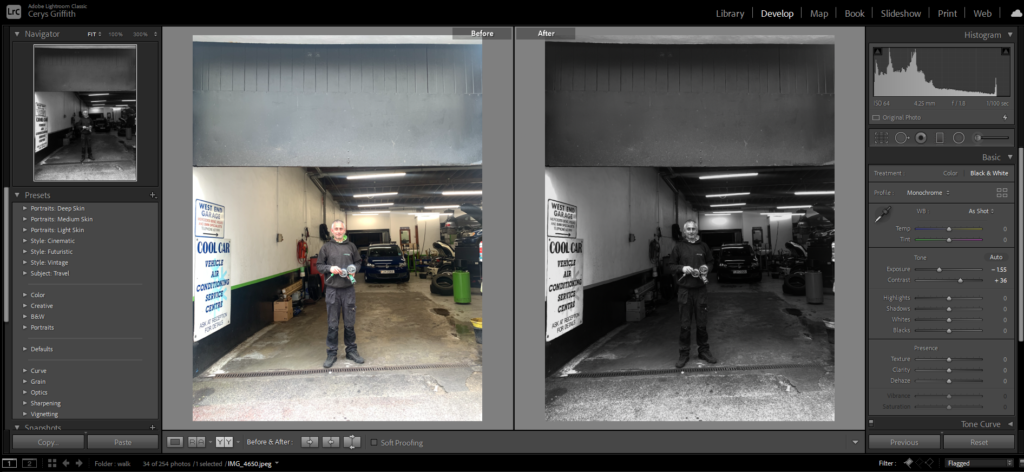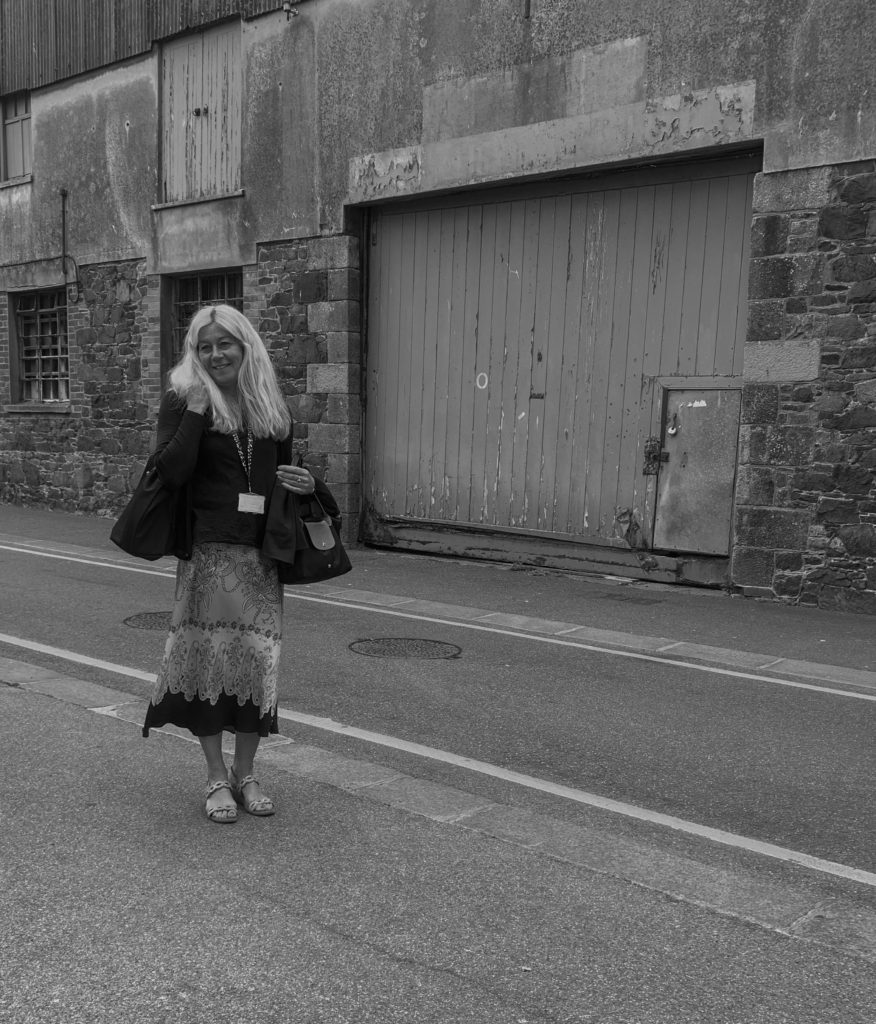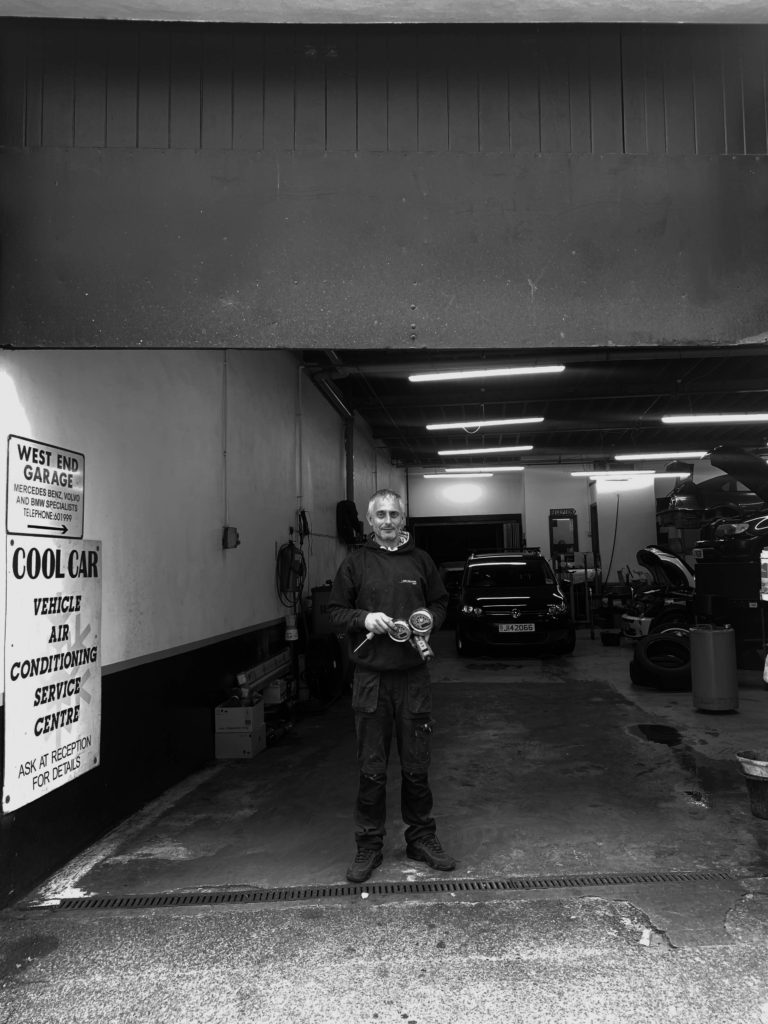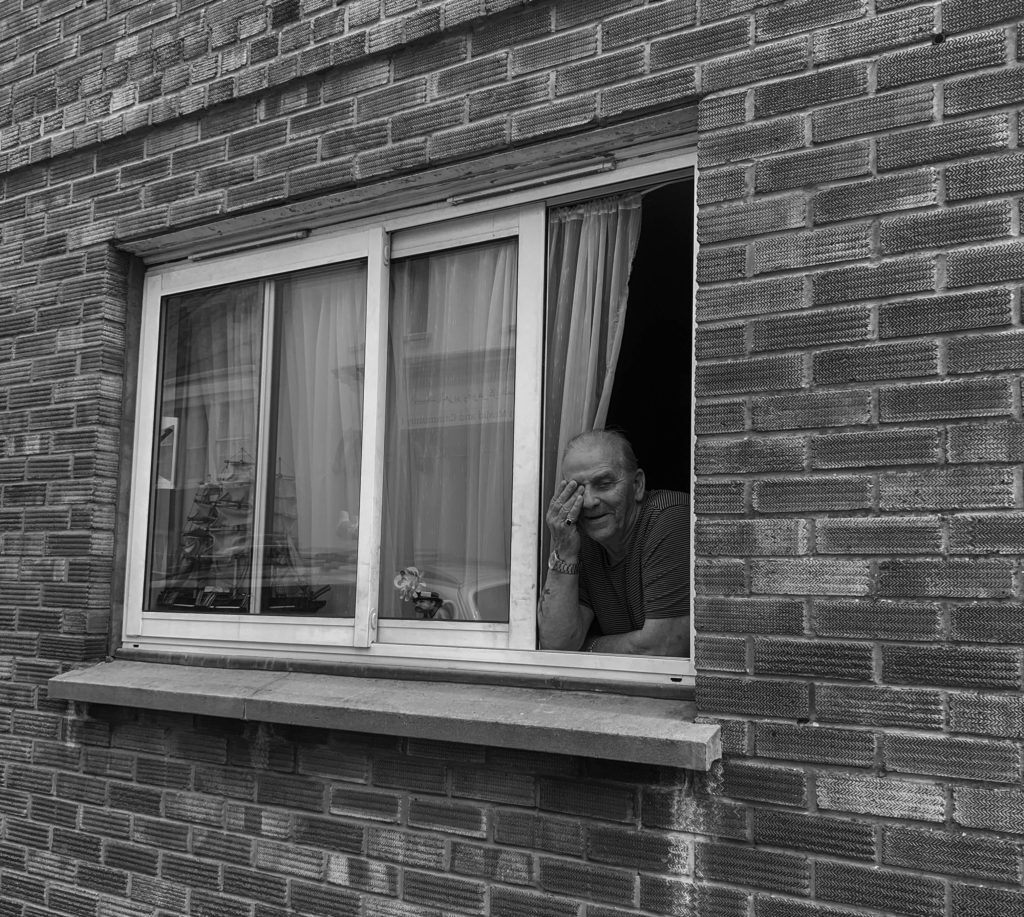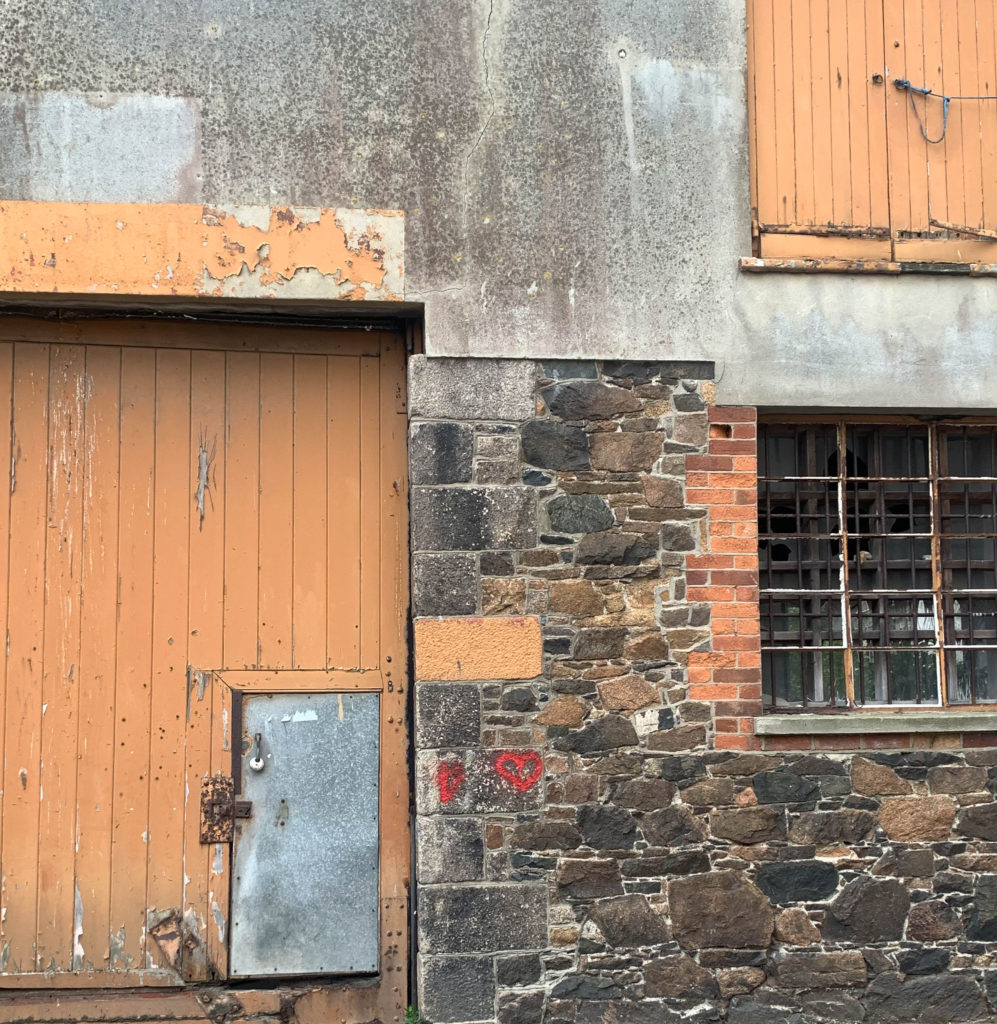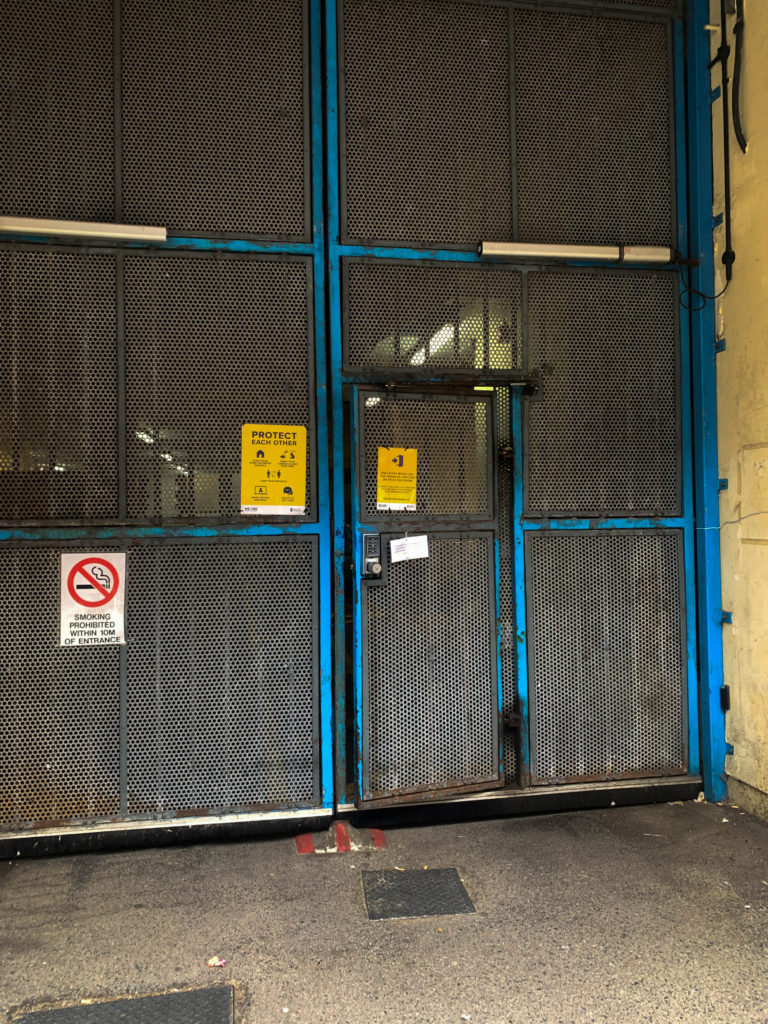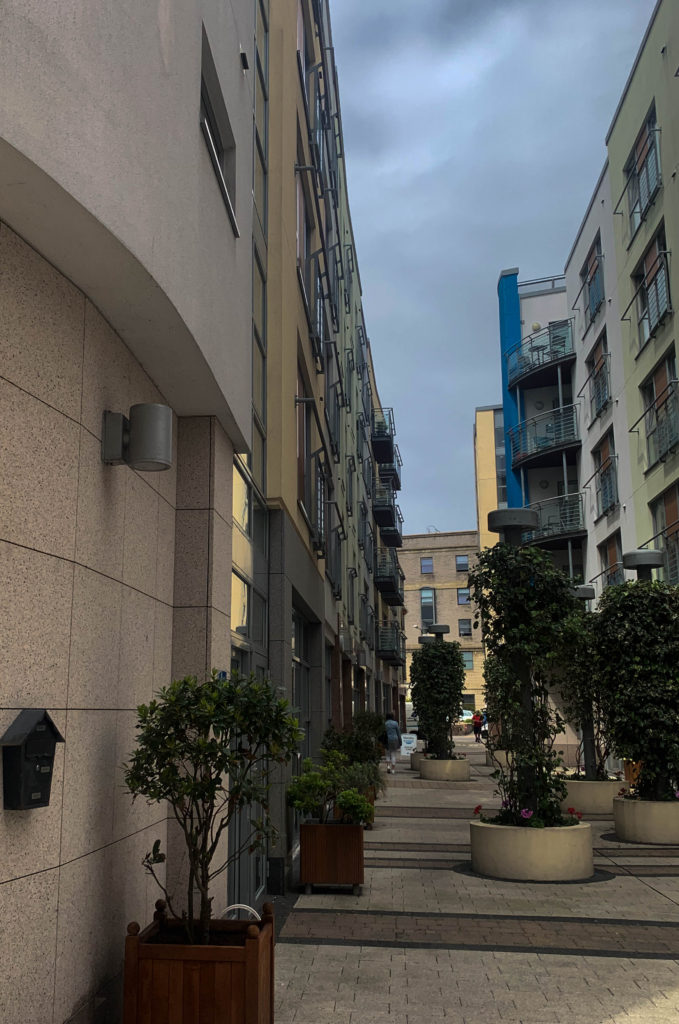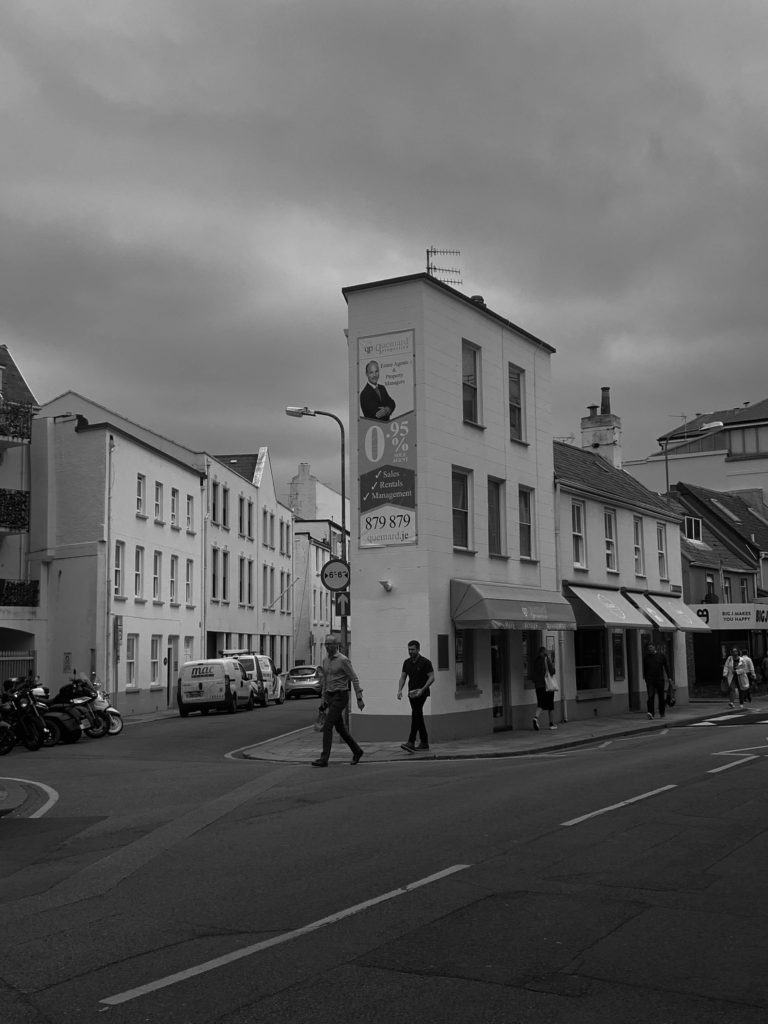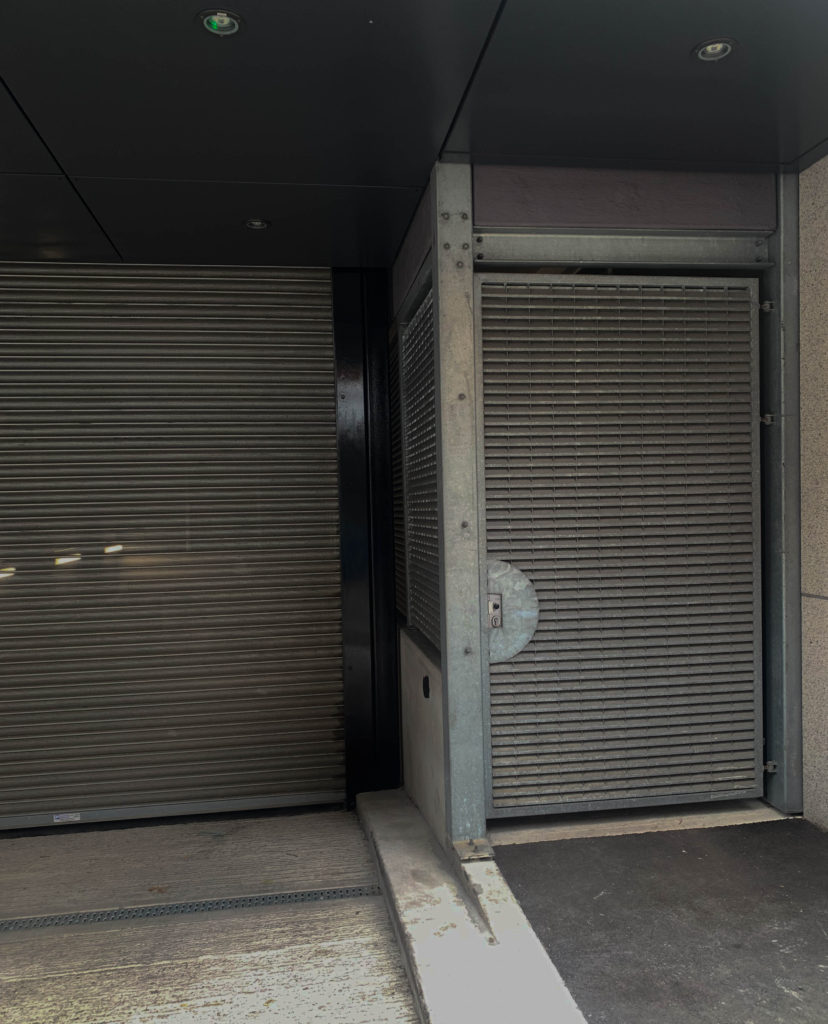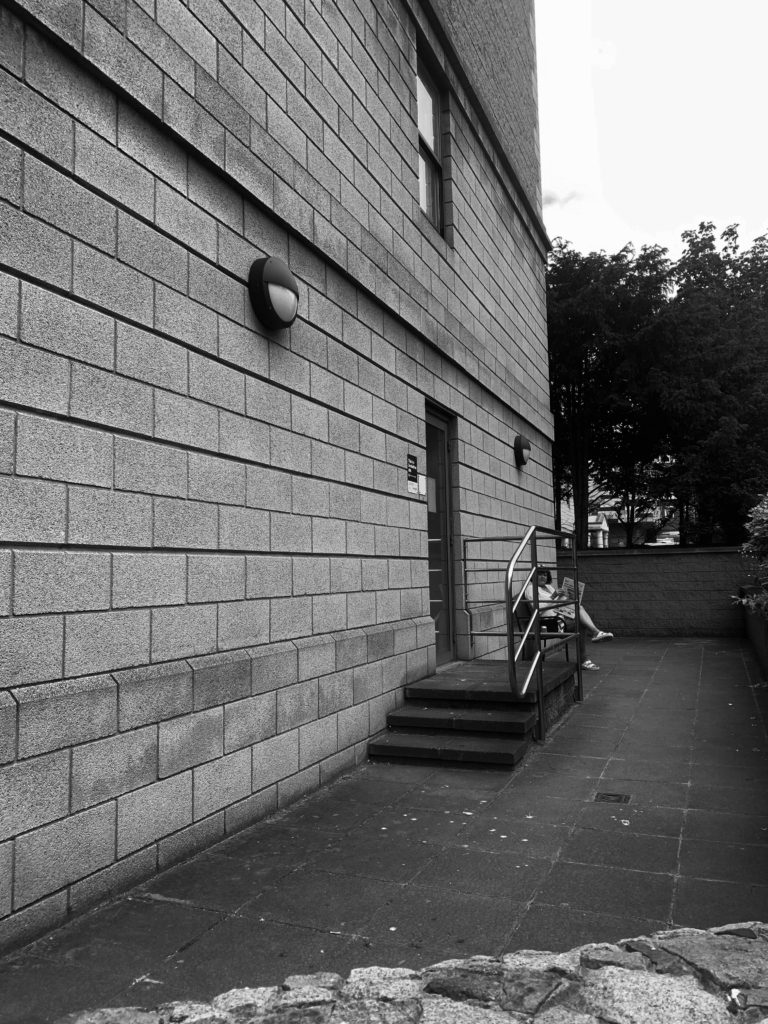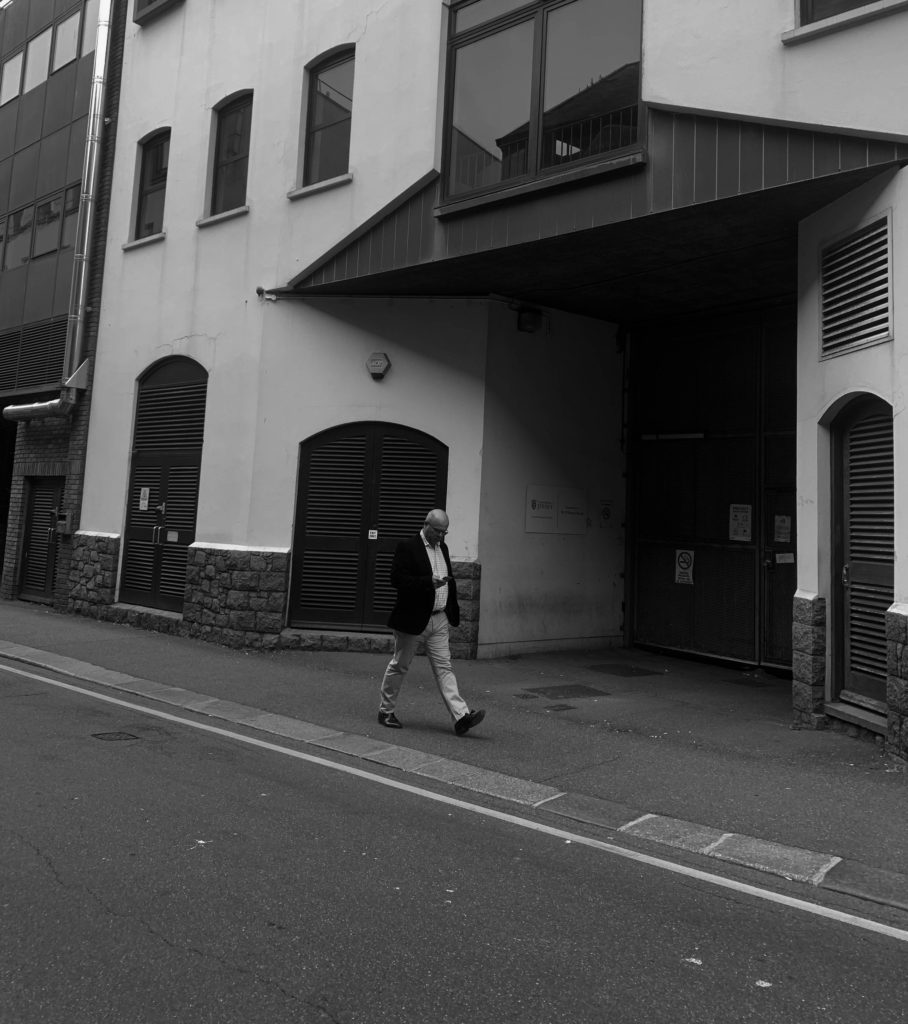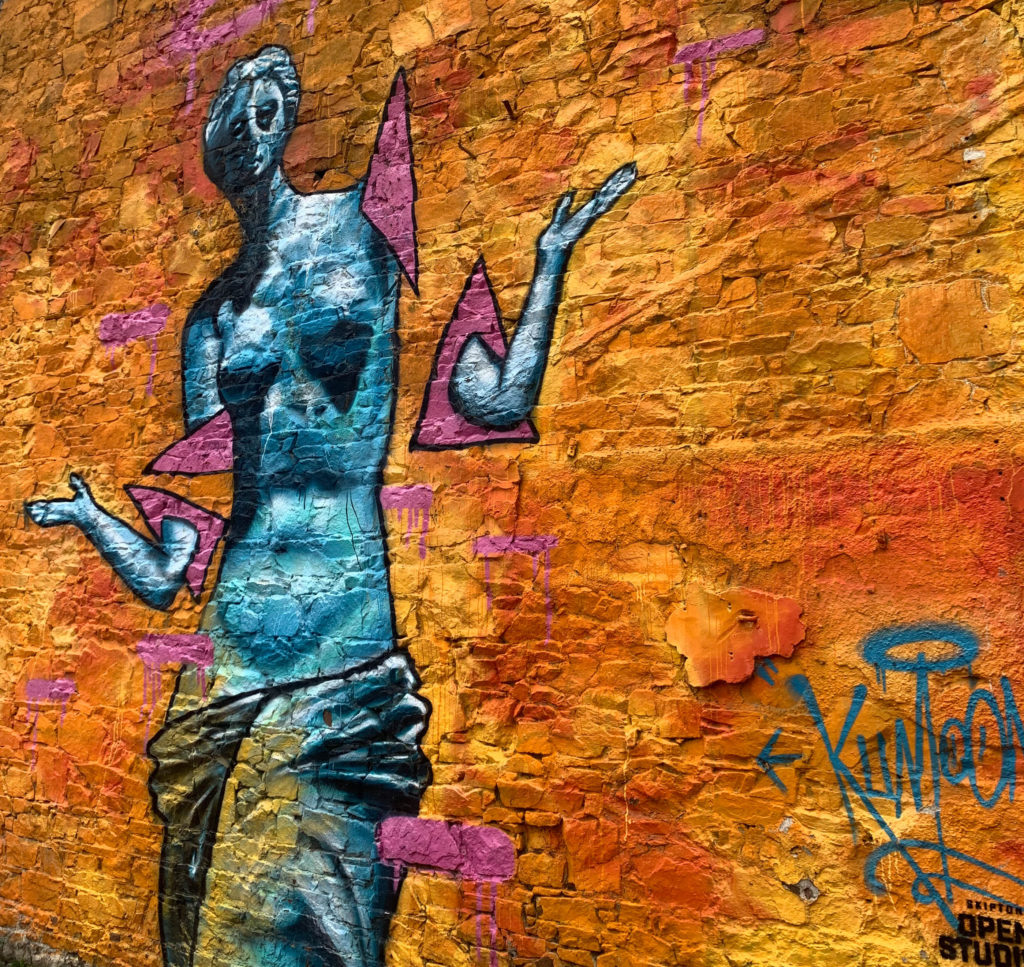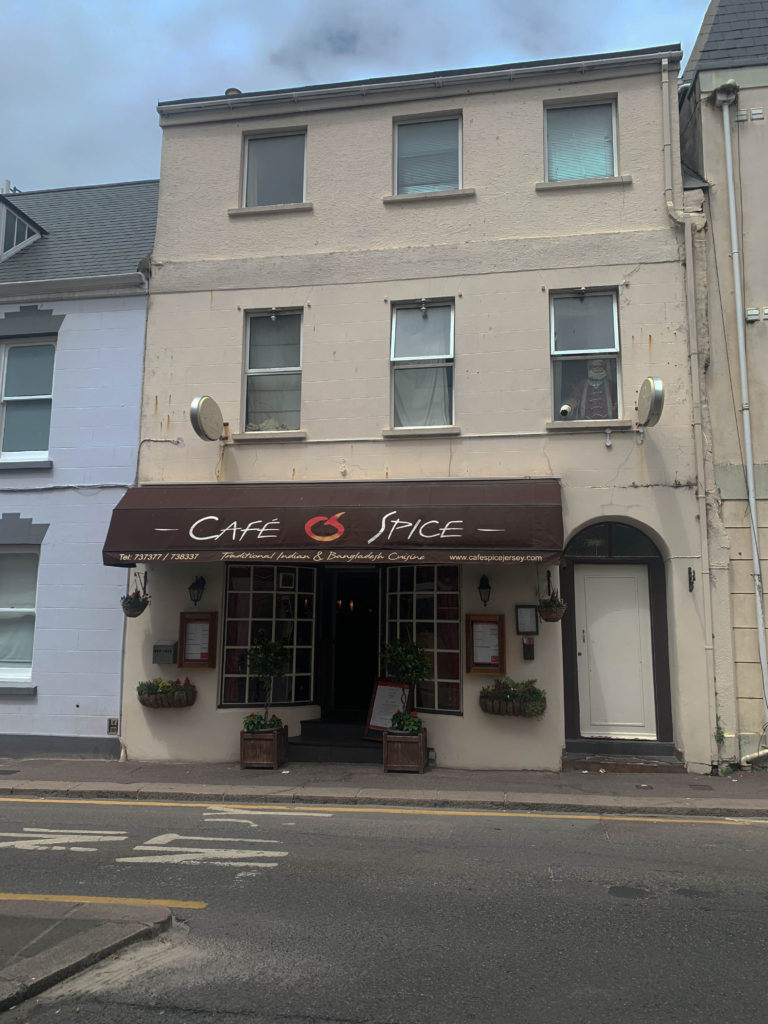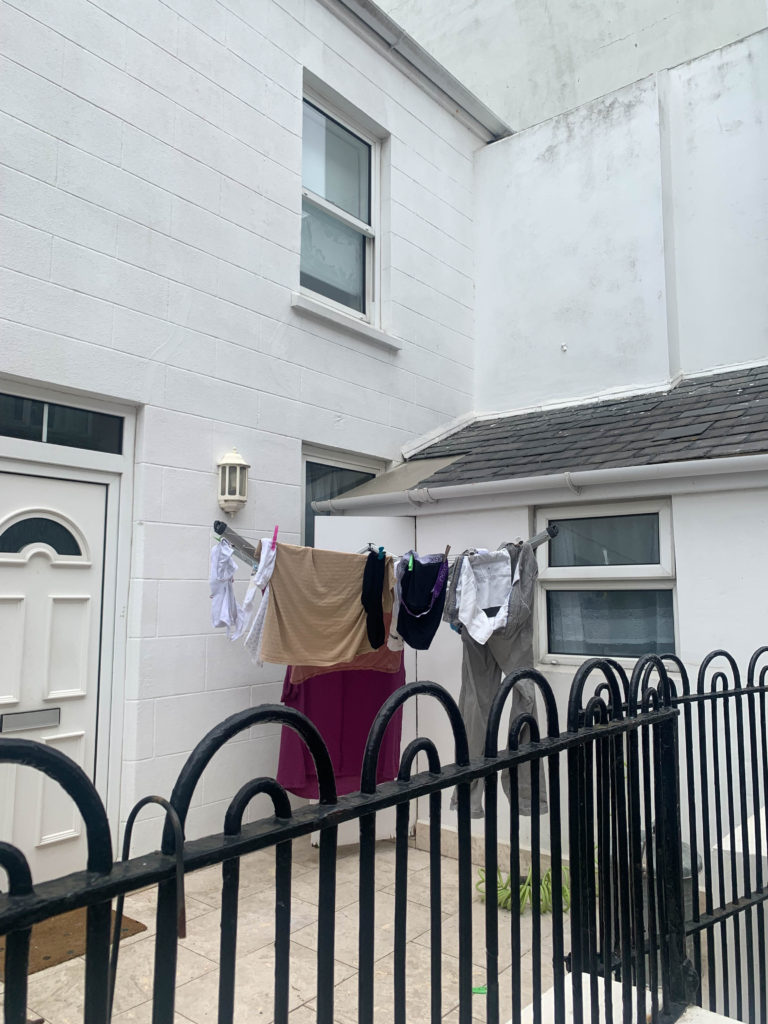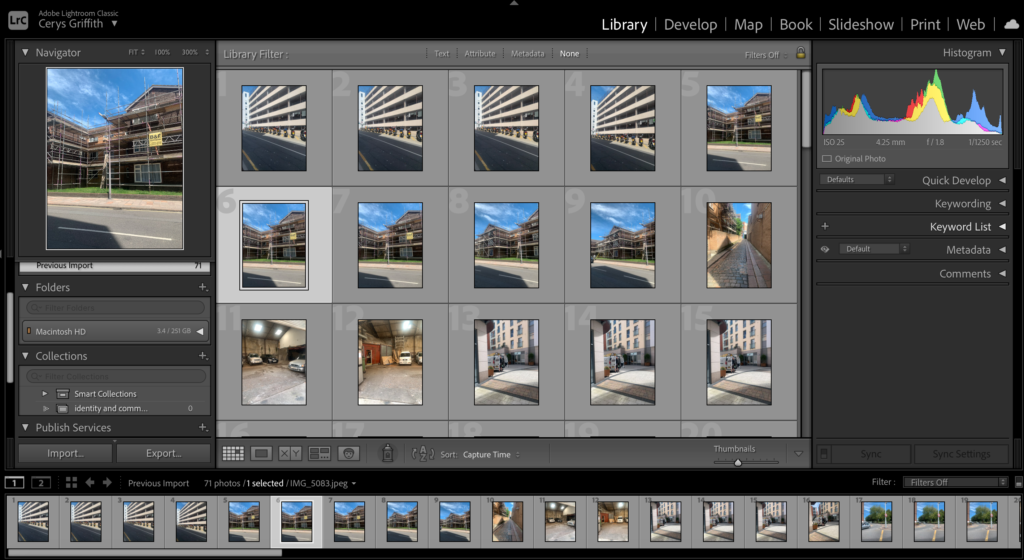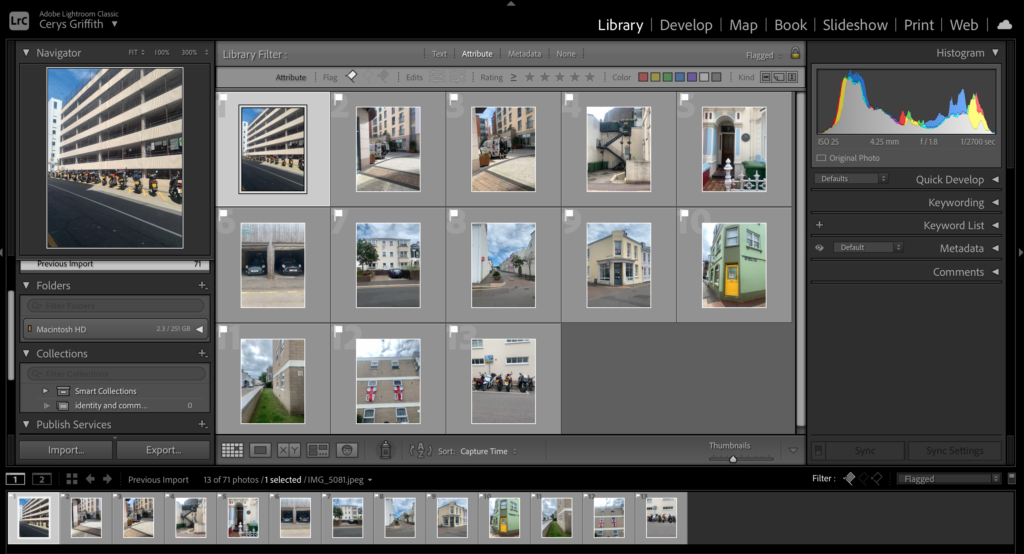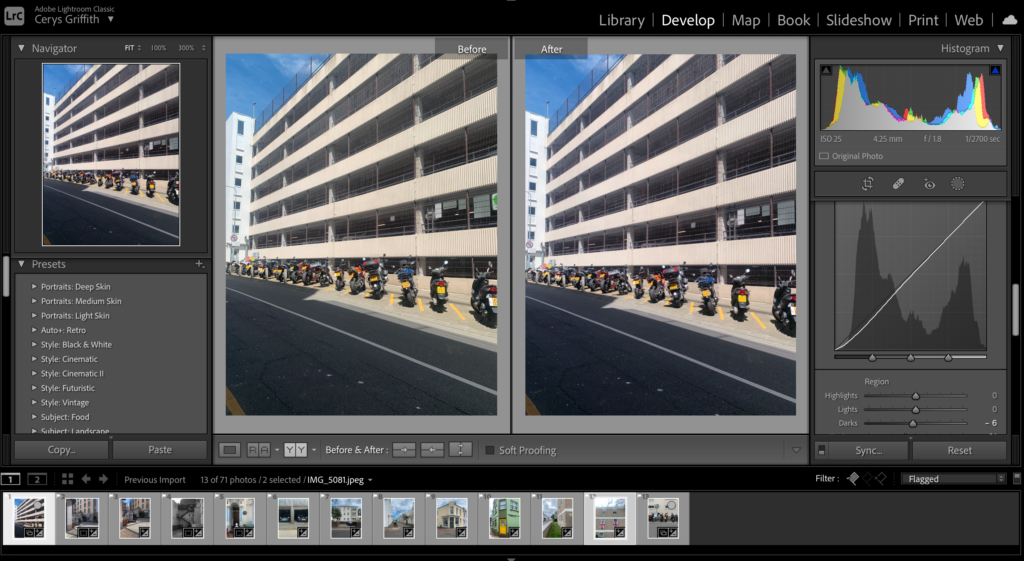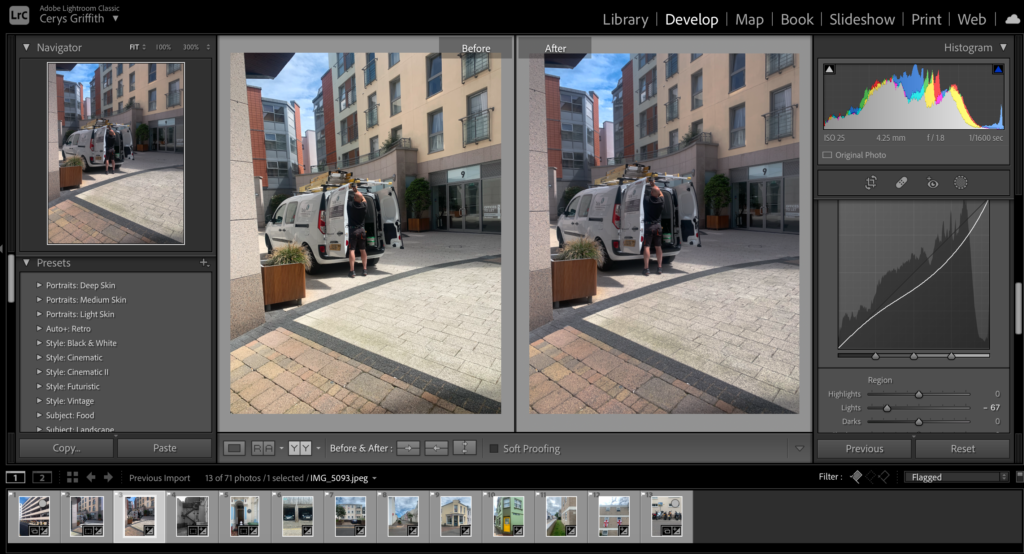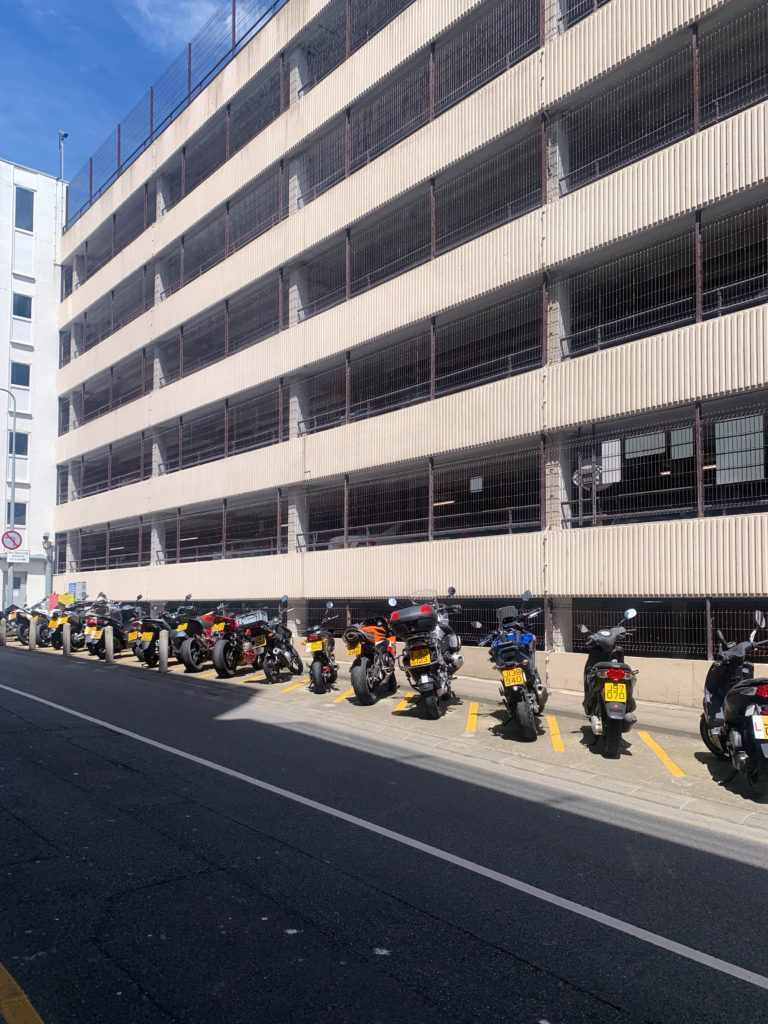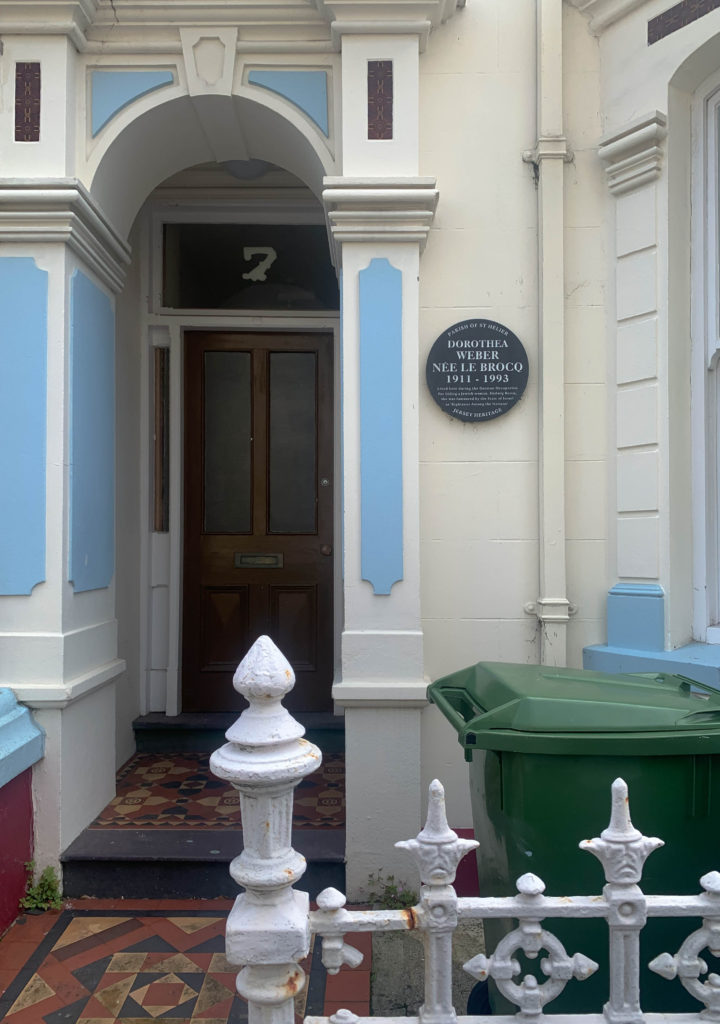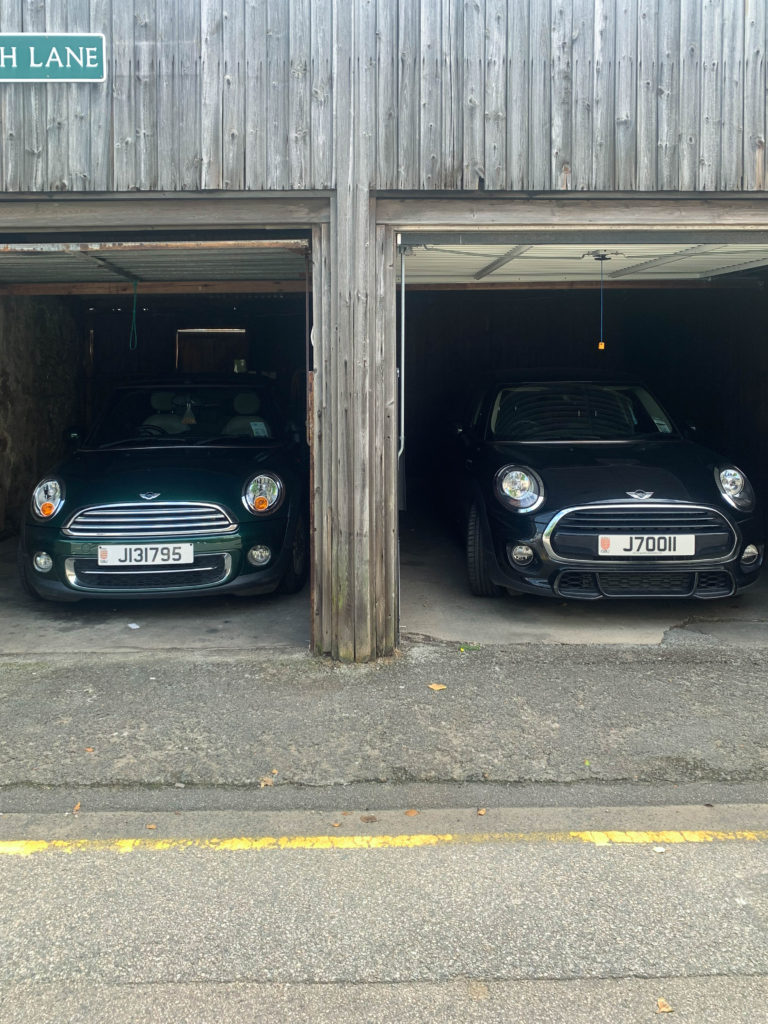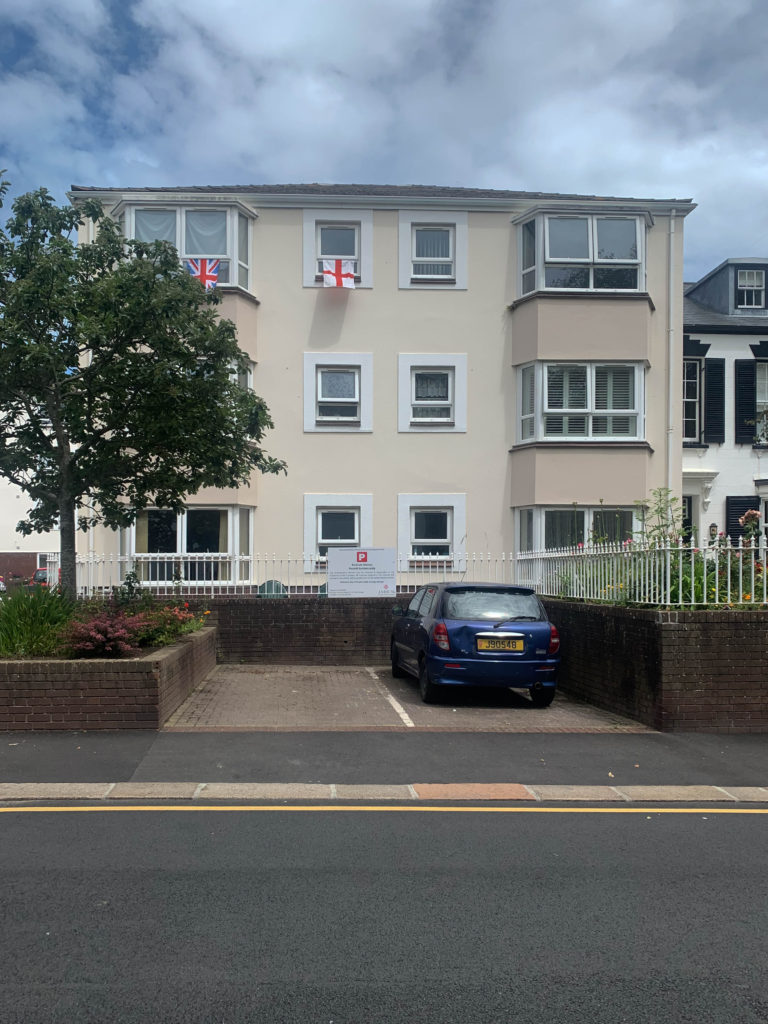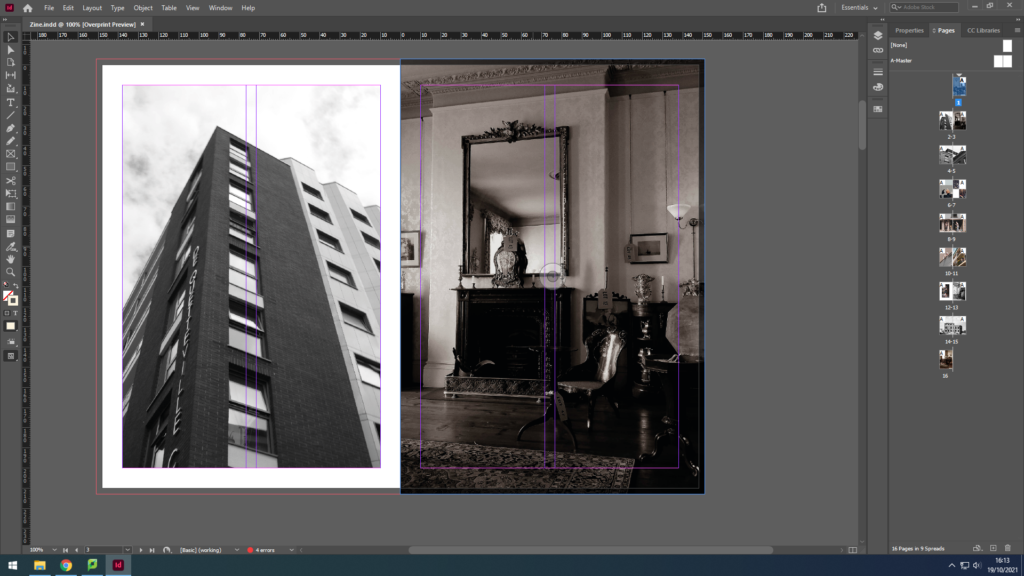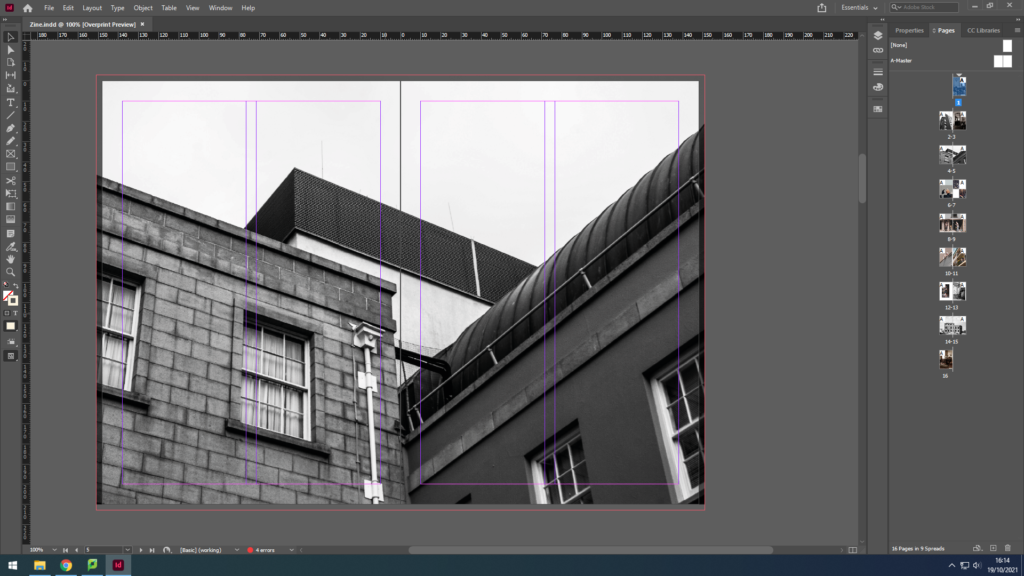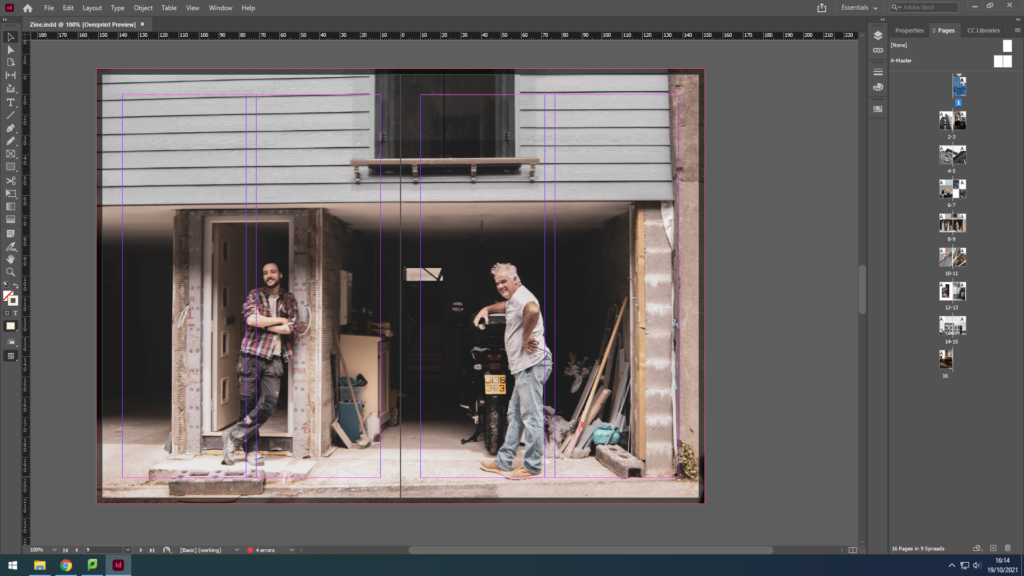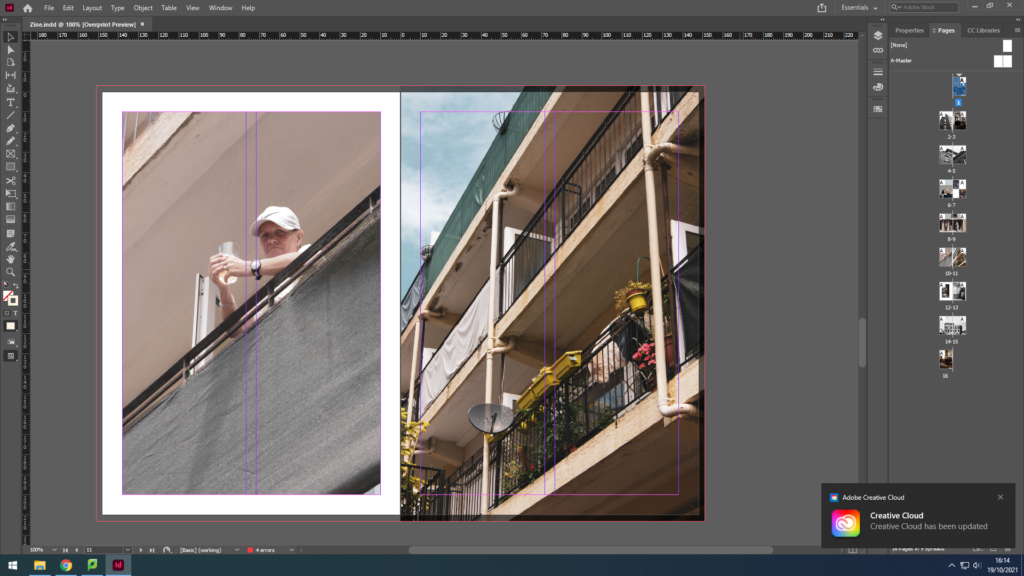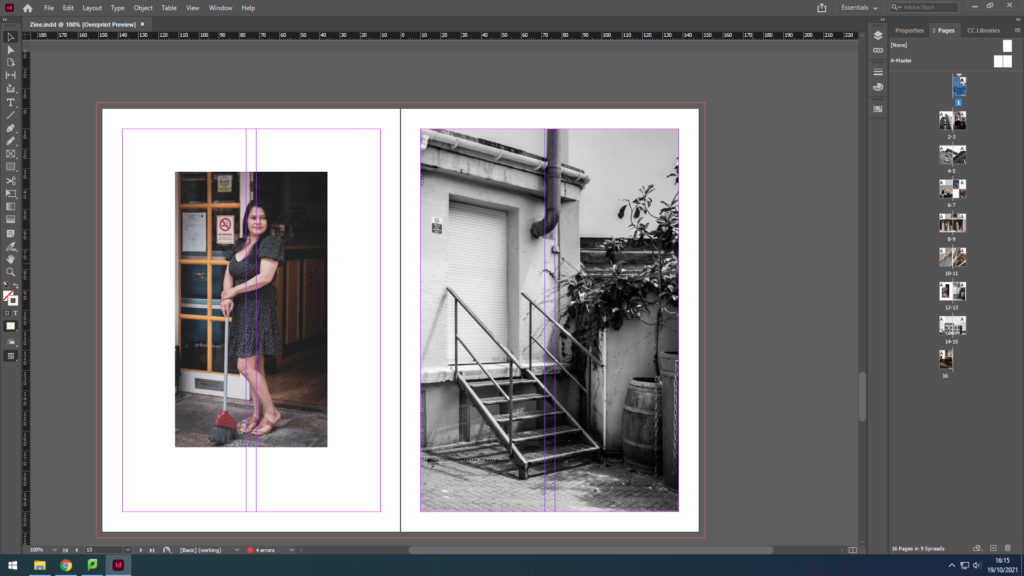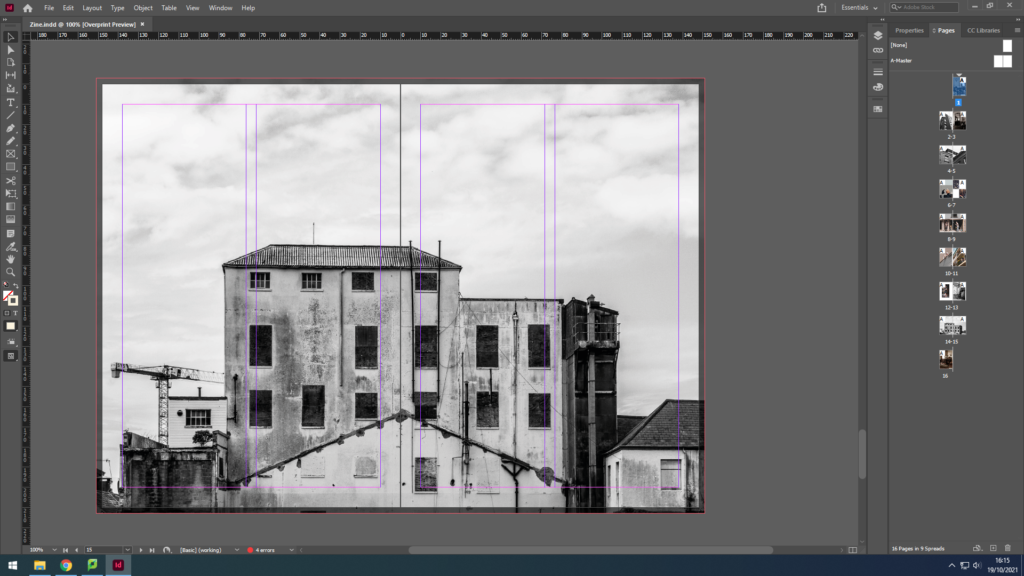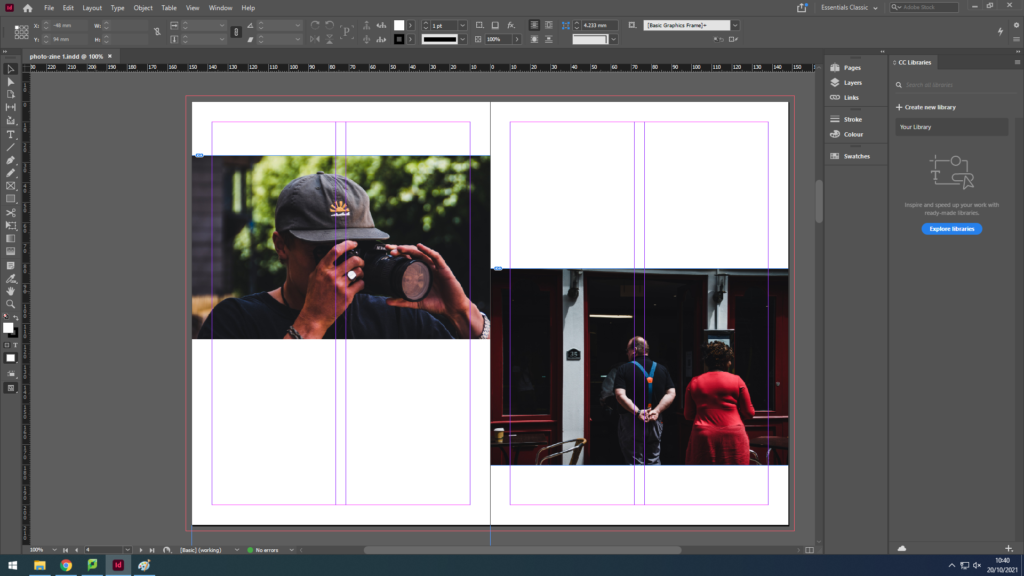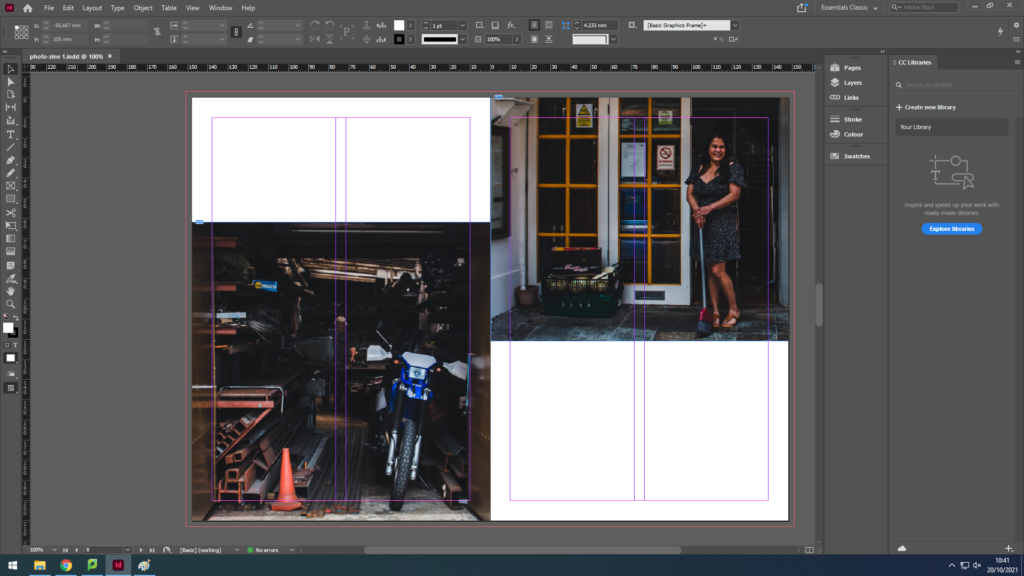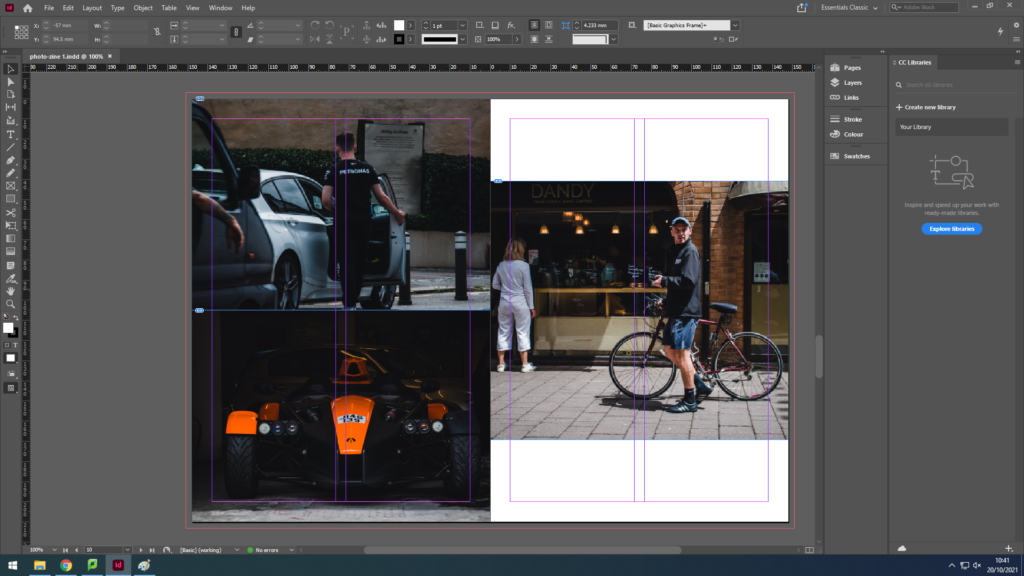WHAT IS AN NFT?
A non-fungible token (NFT) is a unit of data stored on the decentralized public Ethereum (ETH) blockchain, that certifies ownership of a digital asset, which is unique and therefore is not interchangeable.
NFTs can be used to represent items such as photos, videos, audio, and other types of digital files.
The artist creates a piece of digital art, then mints it on the blockchain and lists it on a website for a fee, then users can buy the NFT for an exchange of ETH, sometime the NFT is sold with an utility which can be a real life print out or other items as well as the NFT.
HOW I WOULD DESCRIBE AN NFT?
Lets say you buy the Mona Lisa (NFT) with your money (Ethereum, ETH), now you own it, but when you go to collect it from the museum (blockchain, where all the NFT’s are on) the museum staff stop you and instead, they give you a recipe saying you own it. Basically, the recipe is a certificate of ownership.
DIGITAL ART
Digital art is the new way forward in the modern world. Anyone can create it at home on a computer using software such as, Photoshop, C4D, Adobe Animate, Blender, etc. Essentially, digital art is starting the replace physical art, as there is a lot of new ways to experiment with new ideas.
Here are some examples of digital art:

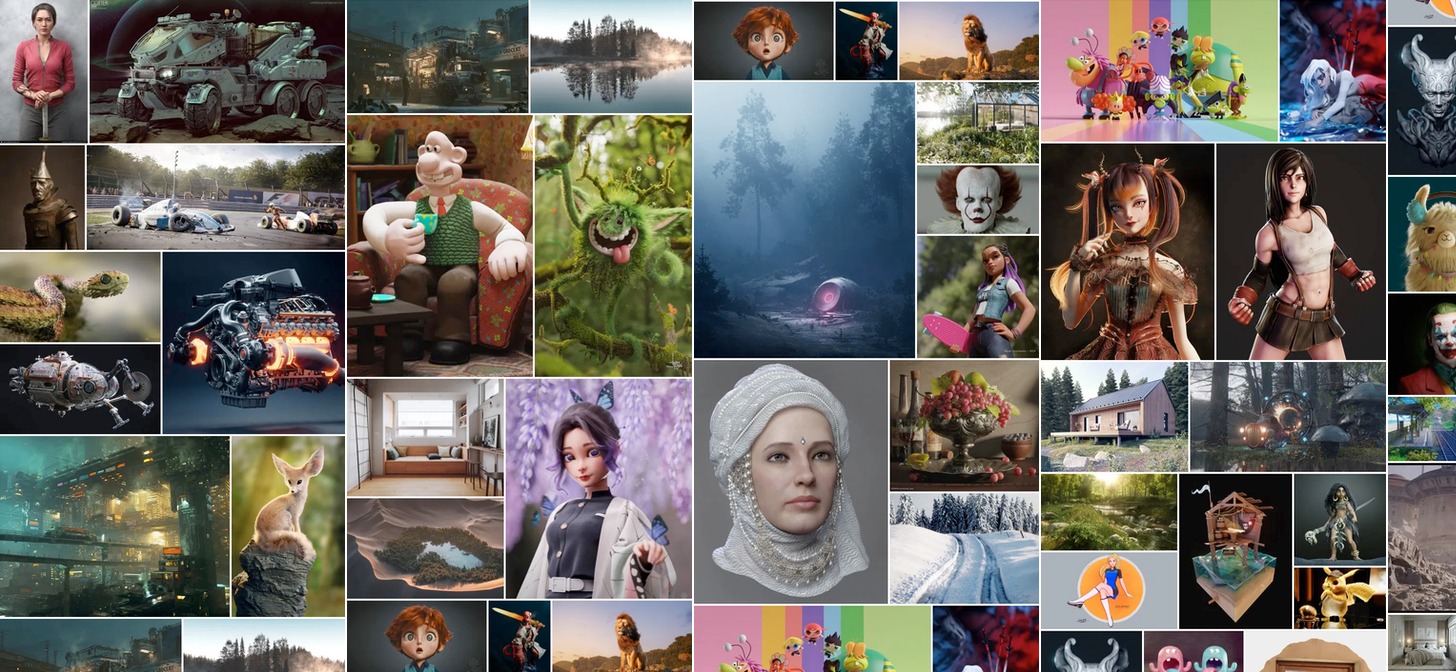
EVALUATION
I think digital art is more powerful than physical art as it is more modern and up to date with new technology, this means that there is more potential with digital art, as there are no limits. However, physical art has elements that digital art cannot possess, such as, emotion in the brush’s strokes and the texture, this is because digital art is mostly displayed on a screen, until holograms get better.
MY OWN NFT
I made some digital art, in a 3D software called Blender then used Photoshop to adjust the colours and other elements. After I minted and listed it on to a NFT market place called Foundation.
This the link to it: LOST


